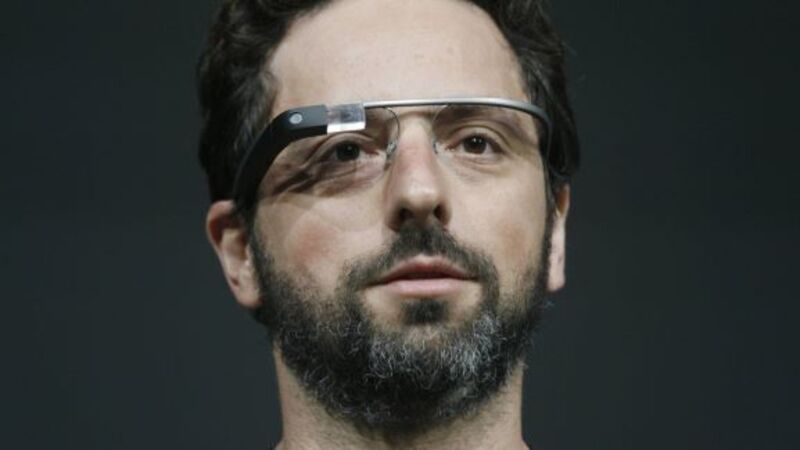EU piles pressure on regulators to break up Google

The resolution in the European Parliament, the strongest public signal of Europe’s concern with the growing power of US tech giants, was passed with 384 votes for versus 174 against.
“Clear adoption by EP of digital single market motion, including unbundling for search engine if needed,” Spanish liberal lawmaker and co-sponsor of the bill, Ramon Tremosa said on Twitter.














